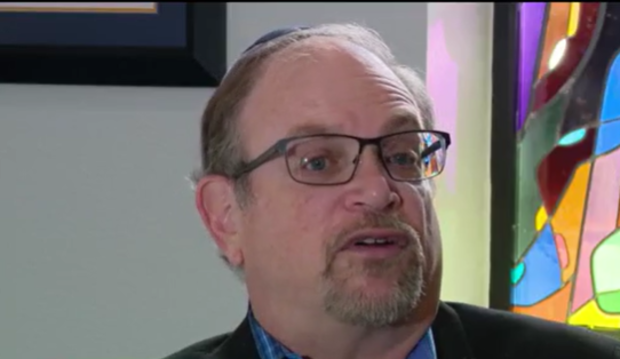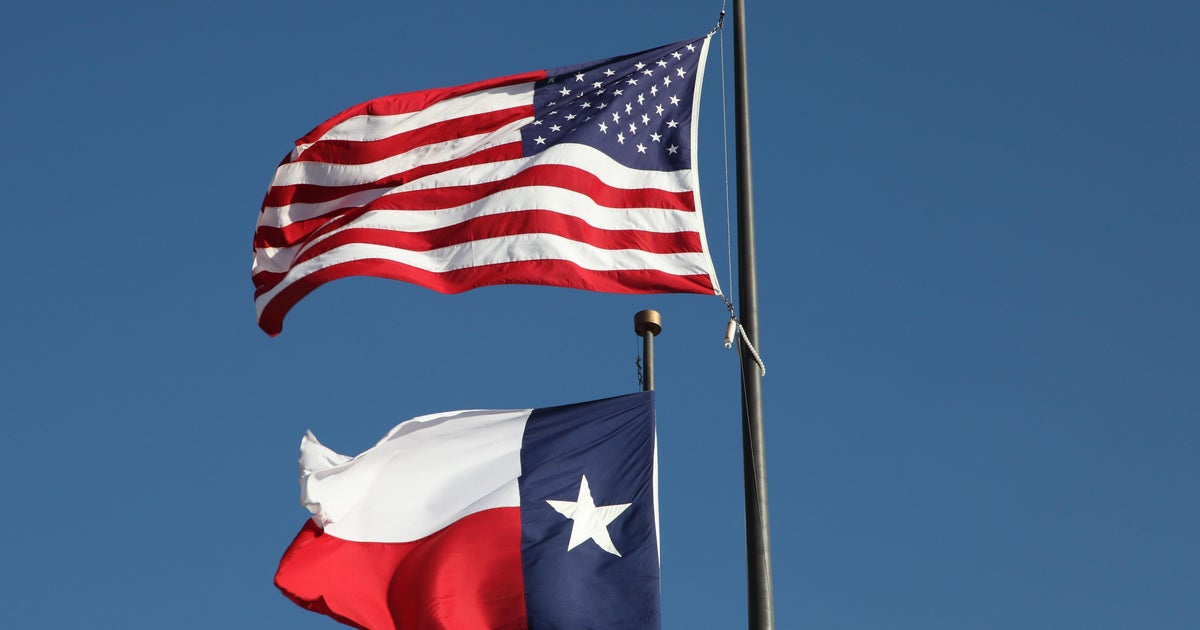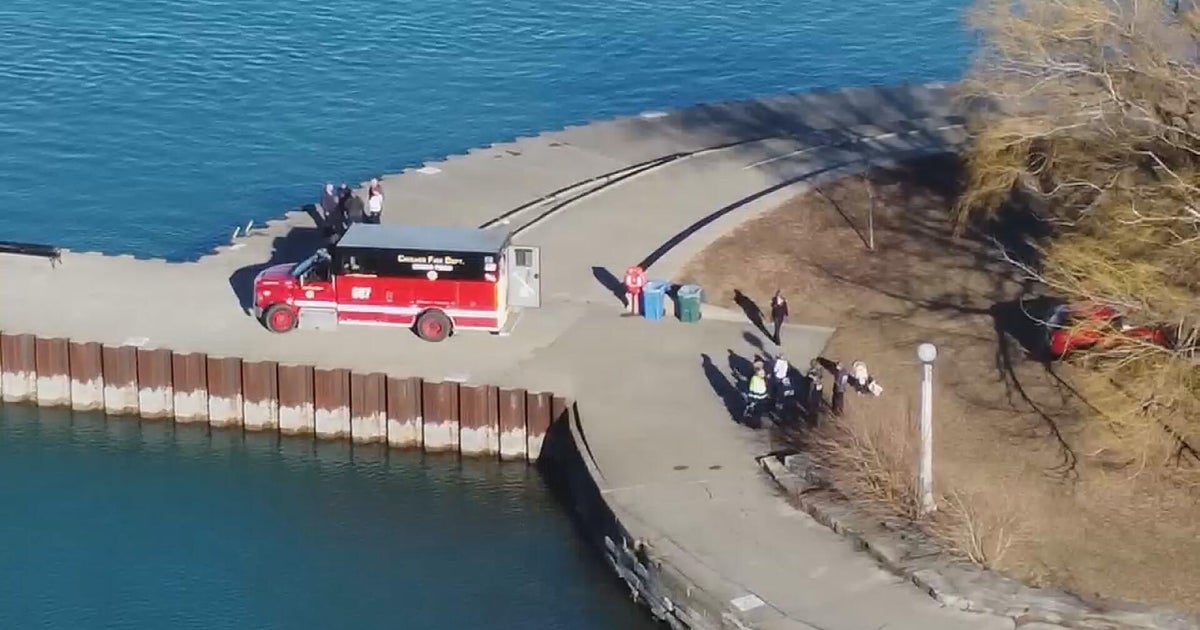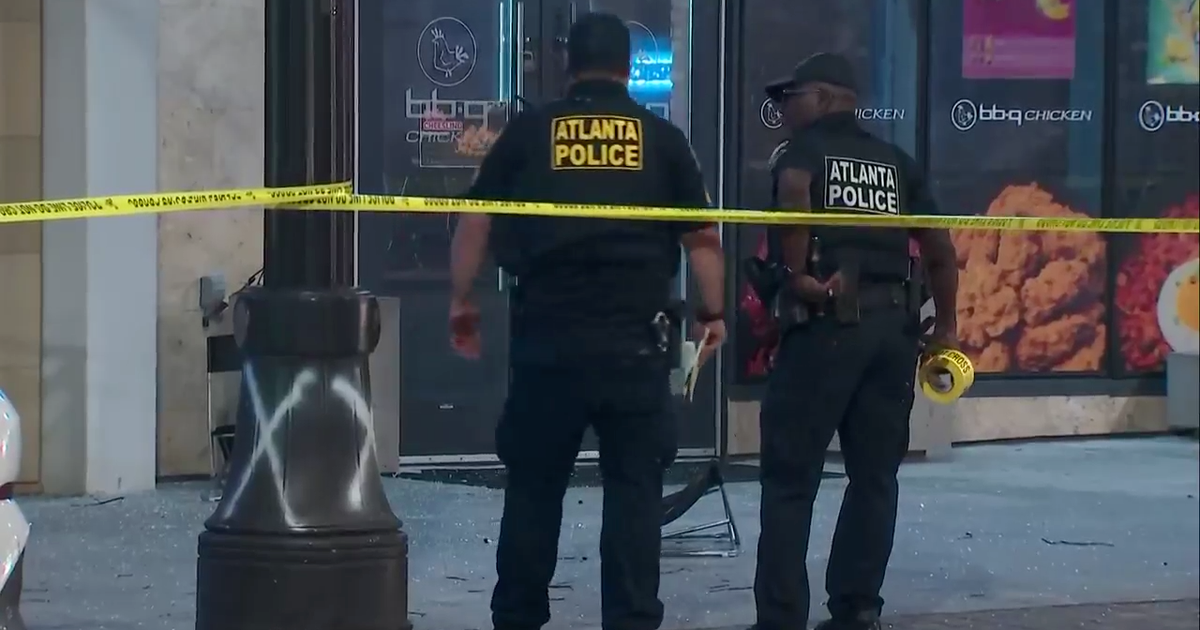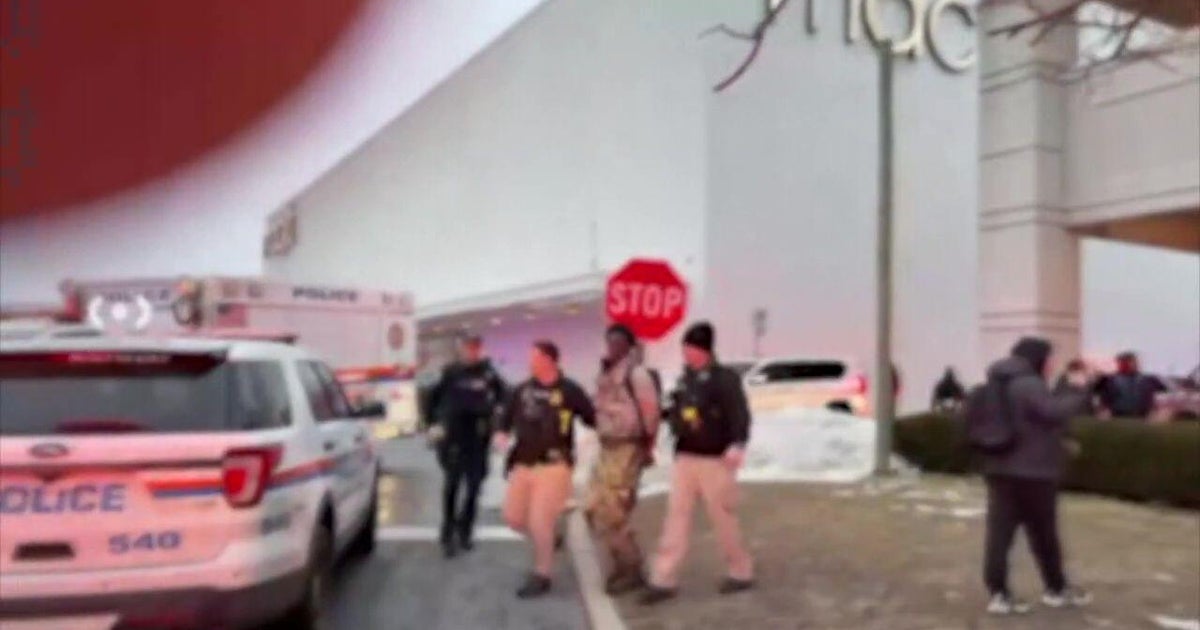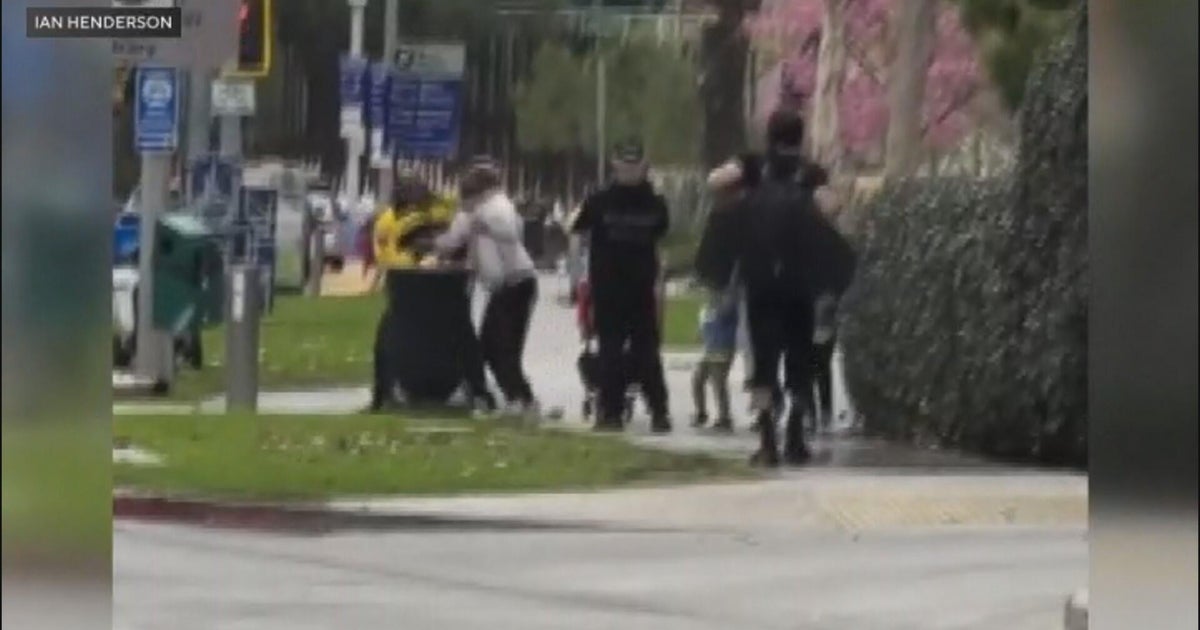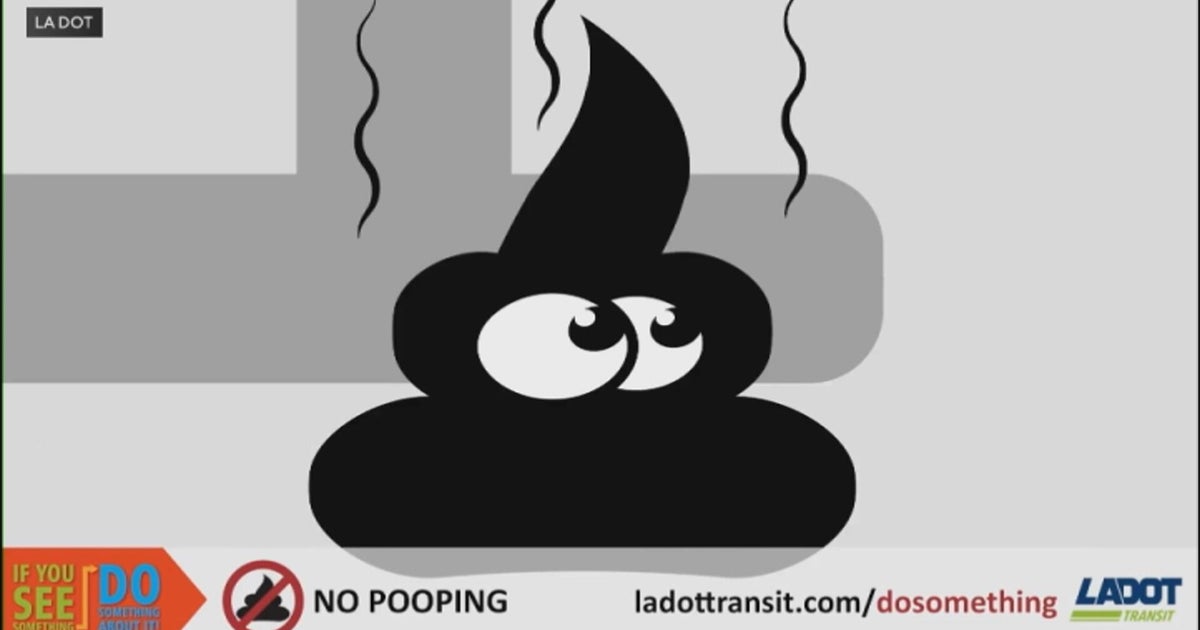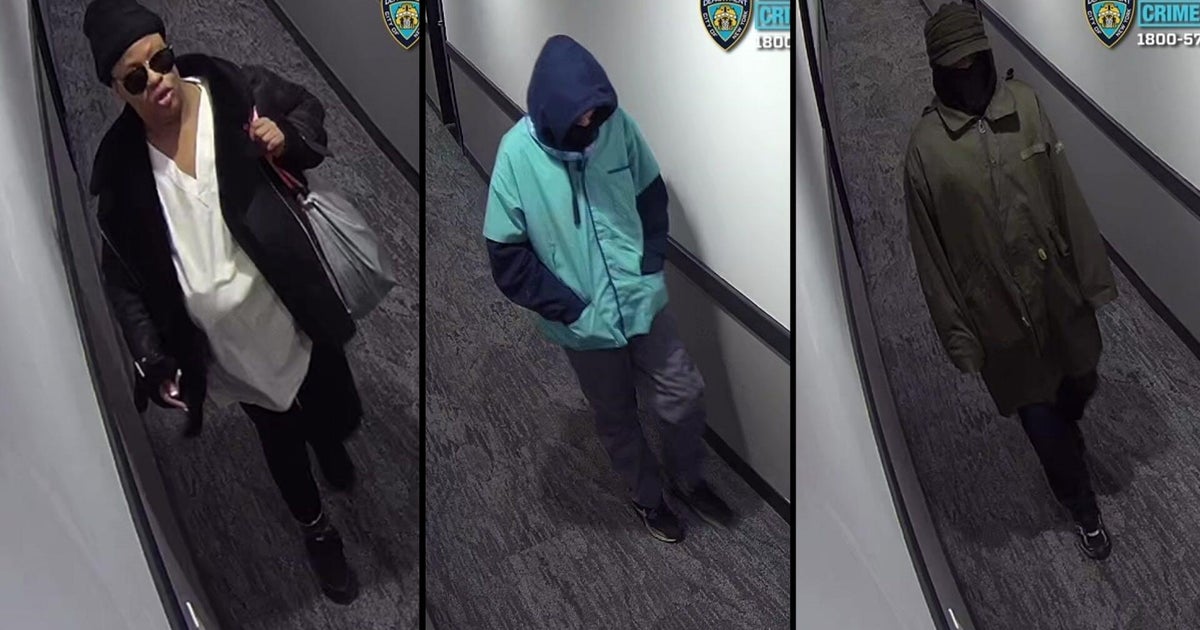Three years after synagogue hostage crisis, survivor reflects on healing and empathy amid Israel-Hamas ceasefire
COLLEYVILLE -- Wednesday marked three years since four Jewish men were held hostage inside a synagogue in Colleyville.
Jeffrey Cohen, one of the hostages from the 2022 incident, says he is still healing from what happened at the synagogue.
"I don't know if I'll ever be 100% healed, but it's like a scar, you know?" Cohen told CBS News Texas. That scar still sits on Cohen's heart three years after he was one of four people held hostage inside Congregation Beth Israel on Jan. 15, 2022. A man who appeared homeless asked to come inside and pulled out a gun in the middle of morning service.
"When he started screaming, I knew that something was wrong," Cohen recalled. "When he first said he had the bomb, and you know he's wearing this backpack, I thought he probably did."
Cohen, Lawrence Schwartz, Shane Woodward, and their rabbi, Charlie Walker, were held at gunpoint for nearly 11 hours by British national Malik Akram, who demanded the release of a female terrorist imprisoned in Fort Worth.
"What he did was he said, 'I'm going to put a bullet in each of these men's heads.' At that moment, I was afraid."
One hostage was released, and Cohen was among the three who escaped unharmed. Akram was killed by law enforcement. This somber anniversary holds even more weight as it coincides with Israel's announcement of a ceasefire with Hamas to release Israeli hostages. Cohen says he shares an emotional connection with the Israeli hostages, who might also get the chance to see freedom again.
"If we look at the last year and a half, it has been a very tough time for the Jewish community. These racist tropes that people just throw off, spat out. We must challenge them," Cohen added. He also says he now feels a sense of understanding towards the hostages overseas.
"I never expected to have this be a thread through my life, but we can't allow that. We as a society, we cannot allow this racism and terrorism," Cohen said. "When you are being held hostage for something that really has nothing to do with you. It is a political thing that someone else is trying to do. You're not helpless. But you're not in control. You're not at all in control. I cannot imagine what these people are going through. But I identify. I feel a kinship and a closeness and I'll do what I can to help them out."
Cohen now hopes to use his experience to help promote security within religious organizations, especially the Jewish community.
